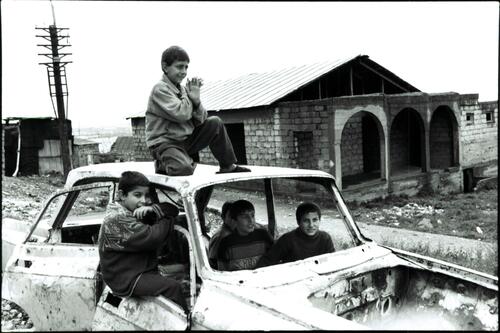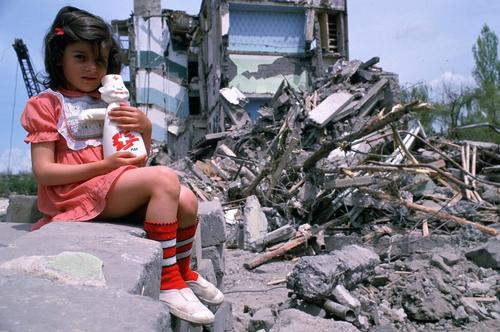The second in a three-part series commemorating 30 years of MSF activities in Armenia
In Armenia, MSF launched its first functional rehabilitation and limb-reconstruction projects (following the devastating wounds caused by the 1988 earthquake), it carried out advanced surgery and vital research on multi-drug resistant TB and hepatitis C.
Let us also not forget this is the first time MSF has run activities in a post-Soviet context, opening the doors to a new region and new challenges for us.
As we prepare to hand the activities over to the local health authorities, we have an opportunity to look back on a great mission and the role it played in the development of MSF as an organisation.
For MSF, Armenia has been a mission of game-changing medical and operational breakthroughs: from the very first paediatric mental health activities to pioneering the current endTB campaign, so much has been done here over the past 30 years, always with the well-being of our patients at the top of our minds.Mathilde Berthelot, MSF Armenia Desk Manager
1997: Vardashen special educational complex
Opening another important chapter of MSF’s work in Armenia, in 1997 the organisation set up a unique project for ‘children in difficult situations’ in Vardashen special education complex in the capital, Yerevan.
Vardashen housed children who demonstrated so-called “socially dangerous behaviour”, children who had ended up on the street, and children whose families didn’t have the means to look after them. At that time, institutions of its kind were all too often places of physical and psychological abuse.
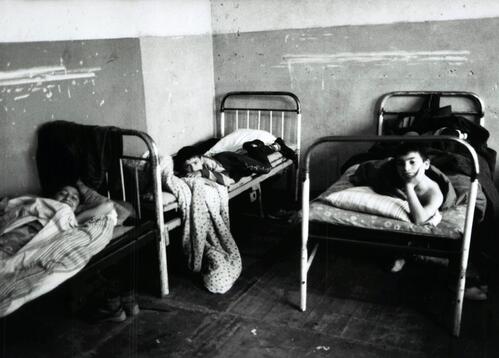
MSF staff at Vardashen were on duty day and night to prevent violence in the school. “The head guard was extremely cruel to the children,” one of the MSF team members said. “He was obviously enjoying beating them up. The children were hung upside down and beaten with clubs.”
MSF provided medical and psychological care, legal and social support to children in Vardashen, whose staff also received training. Eventually, the institution’s cruel punitive methods were replaced by an educational approach.
Meanwhile, MSF’s main objective was to return the children to their families. Staff were in close contact with them and offered practical assistance, for example by helping vulnerable families apply for housing or welfare support.
MSF’s work in Vardashen not only resulted in the rights of children there being protected and in many cases reunited with their families; it also helped reposition those children as victims not perpetrators, and helped advocate for children’s rights in Armenia generally.
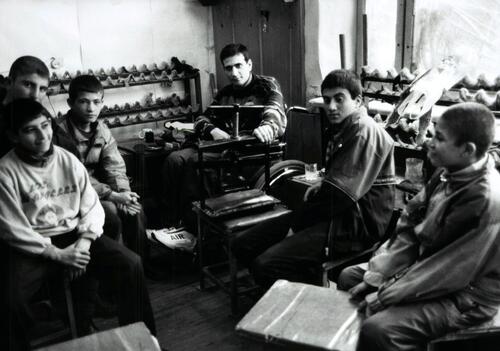
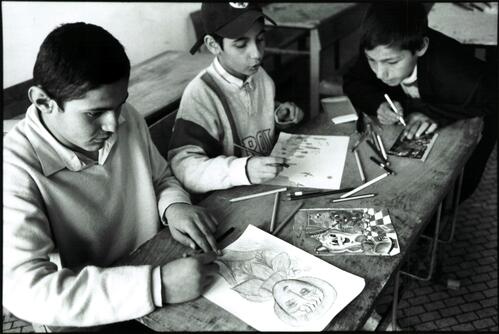
2000: Prevention service
After three years working in Vardashen special education complex, MSF started reaching out to other children living or working on the streets of Yerevan.
A reception and orientation centre was opened for the children and their families – offering psychological, medical and social support to provide a better alternative to children living on the street.
“Only from MSF I saw real care and respect because only MSF saw my way from street to home, not to police unit,” one beneficiary said. “MSF taught me not to be afraid of people.”
In one exceptional case, MSF bought a house for a family with six children who would have otherwise ended up on the street or in Vardashen. For other families, MSF teams renovated houses, provided heating or helped parents to find jobs.
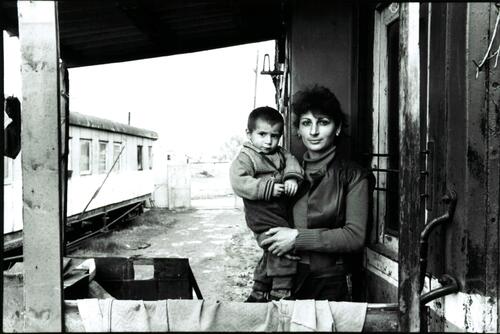
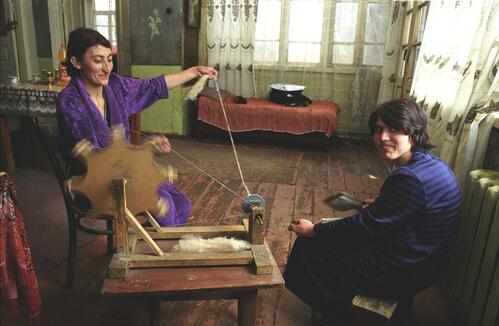
MSF offered a very serious alternative to people living on the streets and to putting street children into institutions. That alternative was something new for Armenia, not only for those living on the streets, but also in the field of social work in our country. Later it became an example that many other institutions followed.Araksya Madoyan, MSF social support referent and former social worker
2003: ‘Ouch, mummy’ campaign
MSF went another step further in its outreach and advocacy work with the launch of a major awareness-raising campaign in September 2003.
The objective of the ‘Ach mama jan’ (‘Ouch, mummy’) campaign was to draw state and public attention to the plight of children in difficult situations.
Posters were put up all over Yerevan showing children on the street or in Vardashen, together with messages from the children to their parents. A big paper wall – symbolising the walls of Vardashen special educational complex, and the wall between vulnerable children and society – was decorated with many of the children’s thoughts and wishes and ceremonially torn down as part of the campaign.
The campaign gained significant media coverage, helped to raise public awareness and contributed to policy change.
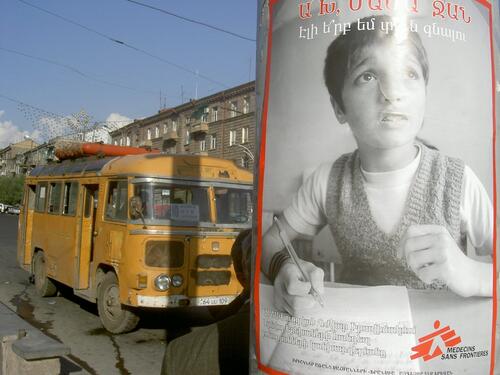
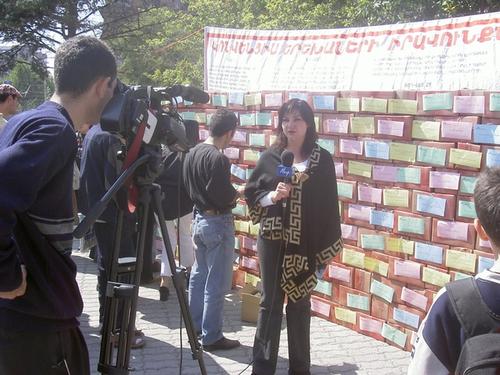
MSF handed over its ‘children in difficult situations’ project to World Vision in June 2004.



